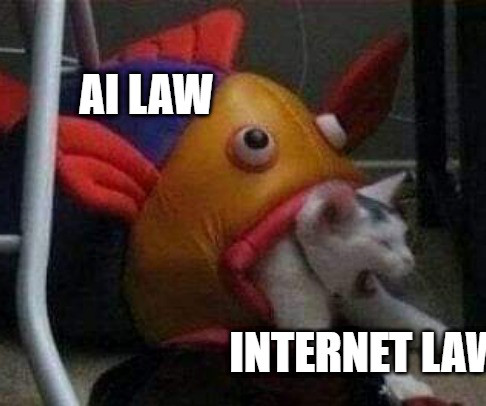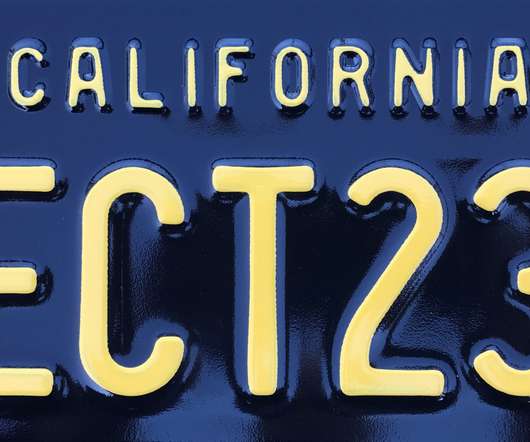2023 Internet Law Year-in-Review
Technology & Marketing Law Blog
JANUARY 18, 2024
My roundup of the top Internet Law developments of 2023: 10) California court bans targeted advertising (?). Regulators have sought to suppress online targeted advertising for years, with only minimal success. In turn, advertisers have fled Twitter. 4) Social media “defective design” lawsuits go forward.














Let's personalize your content